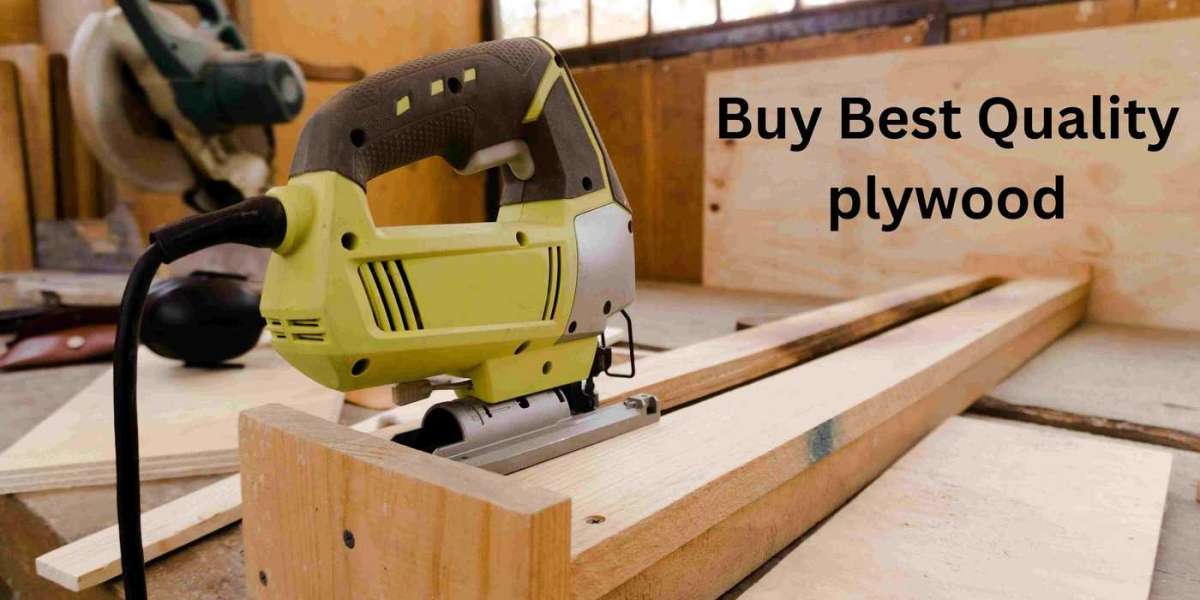What is Plywood?
Before delving into the hardness or softness of plywood, let's first understand what plywood is. Plywood is an engineered wood product made by bonding thin layers of wood veneer, called plies, with an adhesive. These plies are arranged in a cross-grain pattern, with the grain of each ply running perpendicular to the adjacent layers. This cross-grain construction gives plywood its exceptional strength, stability, and resistance to splitting and cracking.
Factors Affecting Plywood Hardness
The hardness or softness of plywood is influenced by several factors, including the type of wood species used, the number of plies, the adhesive used, and the manufacturing process.
- Wood Species The hardness of plywood is largely determined by the wood species used in the core and face veneers. Hardwood species like oak, maple, and birch are generally harder and denser than softwood species like pine and cedar. Plywood made from hardwood species will be harder and more durable compared to plywood made from softwood species.
- Number of Plies The number of plies in plywood also plays a role in its hardness. Generally, the more plies a plywood has, the harder and stronger it will be. This is because the cross-grain construction distributes the stress evenly across the plies, making it more resistant to dents, scratches, and other forms of wear and tear.
- Adhesive The type of adhesive used to bond the plies together can also affect the hardness of plywood. Certain adhesives, such as phenolic resins, create a stronger bond between the plies, resulting in a harder and more durable plywood product.
- Manufacturing Process The manufacturing process of plywood can influence its hardness as well. Factors like the application of heat and pressure during the pressing stage, as well as the sanding and finishing processes, can contribute to the overall hardness of the final product.
Hardness Scale of Plywood
To better understand the hardness of plywood, let's take a look at a general hardness scale:
- Softwood Plywood (e.g., pine, cedar): Relatively soft
- Hardwood Plywood (e.g., oak, maple, birch): Moderately hard to very hard
It's important to note that within each category, there can be variations in hardness depending on the specific wood species, number of plies, and other factors mentioned above.
Applications of Hard and Soft Plywood
The hardness or softness of plywood determines its suitability for different applications:
Hard Plywood
- Flooring
- Cabinetry
- Furniture
- Countertops
- Structural applications
Soft Plywood
- Packaging
- Shelving
- Interior paneling
- Backing material
Introducing the Delhi Plywood Factory
The Delhi Plywood Factory is a leading manufacturer of high-quality plywood products in India. With years of experience and a commitment to excellence, they produce a wide range of plywood products suitable for various applications.
At the Delhi Plywood Factory, they understand the importance of using the right wood species, adhesives, and manufacturing processes to achieve the desired hardness or softness in their plywood products. Whether you need hard plywood for flooring or soft plywood for packaging, they have the expertise to meet your requirements.
Advantages of Using Plywood
Plywood offers several advantages over solid wood, making it a popular choice in various industries:
- Dimensional Stability: The cross-grain construction of plywood minimizes warping, shrinking, and swelling, ensuring dimensional stability.
- Strength and Durability: Plywood is strong and durable, with a high strength-to-weight ratio, making it suitable for structural applications.
- Versatility: Plywood is available in different grades, thicknesses, and sizes, allowing for versatility in its applications.
- Cost-Effective: Compared to solid wood, plywood is often more cost-effective, especially for large-scale projects.
- Sustainable: Plywood is an efficient use of wood resources, as it utilizes wood veneers and minimizes waste.
Conclusion
In conclusion, the hardness or softness of plywood is not a simple yes or no answer. It depends on various factors, including the wood species used, the number of plies, the adhesive, and the manufacturing process. While hardwood plywood is generally harder and more durable, softwood plywood can be suitable for applications where a softer material is preferred.
When choosing plywood for your project, it's essential to consider the intended application and the required level of hardness or softness. By understanding the characteristics of plywood and working with reputable manufacturers like the Delhi Plywood Factory, you can ensure that you select the right plywood product for your specific needs.
Is plywood harder than solid wood?
It depends on the wood species used in the plywood and the solid wood being compared. Generally, hardwood plywood can be harder and more durable than softwood solid wood, but softwood plywood may be softer than hardwood solid wood.
Can plywood be used for structural applications?
Yes, certain types of plywood, especially those made from hardwood species and with a higher number of plies, can be used for structural applications such as flooring, framing, and construction.
Is it possible to make plywood harder?
Yes, there are methods to increase the hardness of plywood, such as using harder wood species, increasing the number of plies, or applying specialized coatings or treatments.
Can plywood be used for outdoor applications?
While some types of plywood are suitable for outdoor use, they may require additional protection or treatments to resist moisture, UV rays, and other environmental factors.
How does the manufacturing process affect plywood hardness?
The manufacturing process, including the application of heat and pressure during pressing, as well as the sanding and finishing stages, can influence the hardness of the final plywood product.



